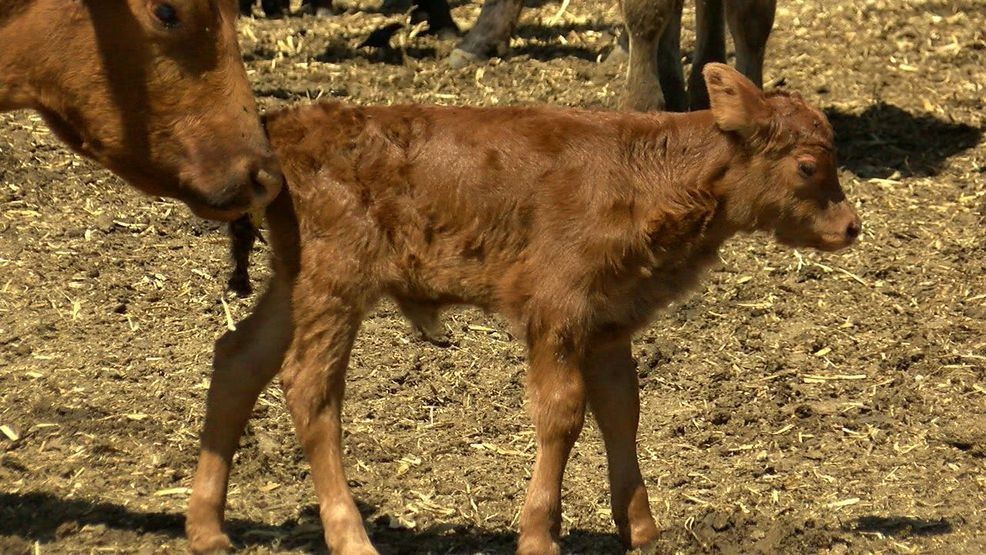LINCOLN, Neb. — From the pasture to your grocery bill, researchers team up to make cattle more efficient. Their goal? Breed cattle that naturally produce less methane—a potent greenhouse gas.
And genetics professor Matt Spangler said some seem to have a genetic trait that allows them to emit less.
“It’s heritable. That would be mean there are some animals that have an inherent trait that produce less methane,” he said.
It can be up to 30 percent less. Researchers believe those cattle are naturally more efficient. If they can identify those animals earlier, they can create genetic tools for the beef industry. Even a methane reduction of one or two percent could add up.
“Incremental changes can have large impacts,” Spangler said.
They could make beef production greener without changing feed or management. Now Dr. Spangler of the University of Nebraska leads a North American team that will join forces across the globe armed by millions in grant funds.
There are other methane projects focused on other aspects of cattle production but the goal here is to address it through genetics. However, Spangler says they need to study how a genetic change could have other consequences.
“So they understand if I change methane here’s how feed intake or growth or fertility metrics change as well,” he said.
The genetics arm of the Angus Association is involved as well. Cattlemen point out the American herd is the smallest it’s been in 60 to 70 years and they believe they’ll have to produce more beef with fewer acres. That means asking more of the cow and this research could create new tools.
“And the nice thing about using genetics is it represents a cumulative and permanent source of change in the animals,” Spangler said.
And for consumers, lower production costs can translate to affordable prices at the store.
“It’s a win-win,” Spangler said. “So it benefits cattle producers and consumers as well by making animals more efficient.”
The University of Nebraska–Lincoln is joining a new $27.4 million global initiative. Backed by the Bezos Earth Fund and the Global Methane Hub, the effort will support research and breeding programs to identify and scale climate-efficient livestock across North America, South America, Europe, Africa and Oceania.
Spangler said it will provide a central hub to share data.
The University of Nebraska–Lincoln team, led by Spangler will focus on collecting and analyzing methane data from beef cattle to better understand the role genetics plays in methane production and its relationship with traits of economic importance to cattle producers.
The $2.34 million project taking place at the University of Nebraska–Lincoln is in addition to two other major research efforts at the university aimed at reducing methane emissions in livestock.
A $5 million U.S. Department of Agriculture-funded project led by Paul Kononoff, professor of animal science, brings together Husker faculty and researchers from the U.S. Meat Animal Research Center to explore how genetics, gut microbiome and nutrition influence methane production in cattle.
A second $5 million initiative, funded through the university’s Grand Challenges program and led by Galen Erickson, Nebraska Cattle Industry Professor of Animal Science, focuses on developing accurate, affordable methods to measure greenhouse gas emissions from grazing cattle. Both projects are focused on building practical tools and management practices that improve animal health, feed efficiency and profitability, while also improving sustainability in grazing systems.
